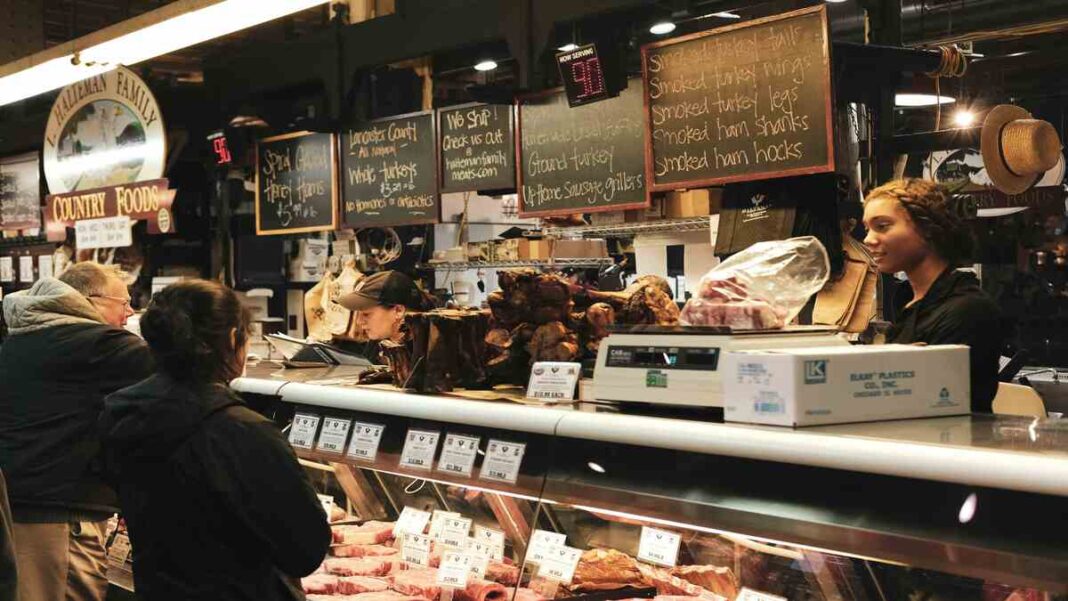ITALY: In an effort to “safeguard our national heritage,” the Italian government has adopted a draught bill that would outlaw food made in labs, including artificial beef. The ban would impose fines of up to €60,000 and the potential closure of manufacturing facilities.
Lab-made meat was seen as a solution to environmental and food safety issues but was opposed by animal welfare organisations.
Coldiretti, the largest farmers’ organisation in Italy, has advocated for a ban on cell-based foods, arguing that domestic produce must be protected from global firms. Supporters of the practise say that it reduces the need to kill animals and is healthier for the environment.
Italy’s decision to outlaw synthetic foods is based on cautious grounds, as no research has been done on the impacts of synthetic foods on agriculture, the Mediterranean diet, or the country’s cultural heritage. Giorgia Meloni’s right-wing government made a commitment to safeguarding Italian cuisine from technological innovations.
Minister of agriculture and food sovereignty Francesco Lollobrigida stated that the bill’s goal was to “defend our culture and our traditions, including food and wine.” “Laboratory products, in our perspective, do not provide quality, well-being, or the preservation of our culture or traditions,” he stated.
The government’s decision to restrict the use of synthetic foods has drawn criticism from the opposition and animal rights organisations, with Più Europe’s Riccardo Magi claiming that it is a new crime.
A number of European nations, notably Spain, the Netherlands, and the UK, have declared funding for the study and creation of cell-based foods.
Alice Ravenscroft, head of policy at the Good Food Institute Europe, noted that Italy is an exception to the trend of other governments supporting meat from domesticated animals.
According to a study cited by Ravenscroft, organically grown meat could use up to 90% less land and produce up to 92% fewer emissions than conventional meat. It could also reduce air pollution related to meat production by up to 94%. She asserted, “We could meet the need for meat while preserving the environment.”
Also Read: Increasing Food Shortages Might Exacerbate Pricing Strain in Britain



